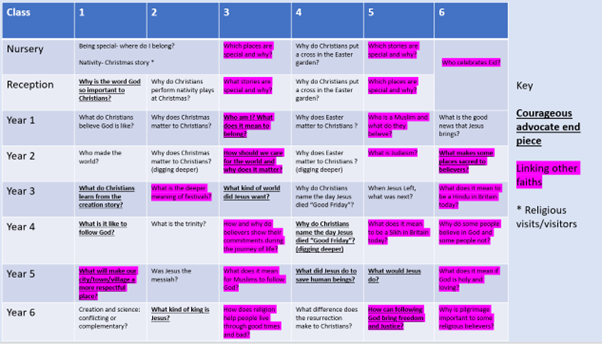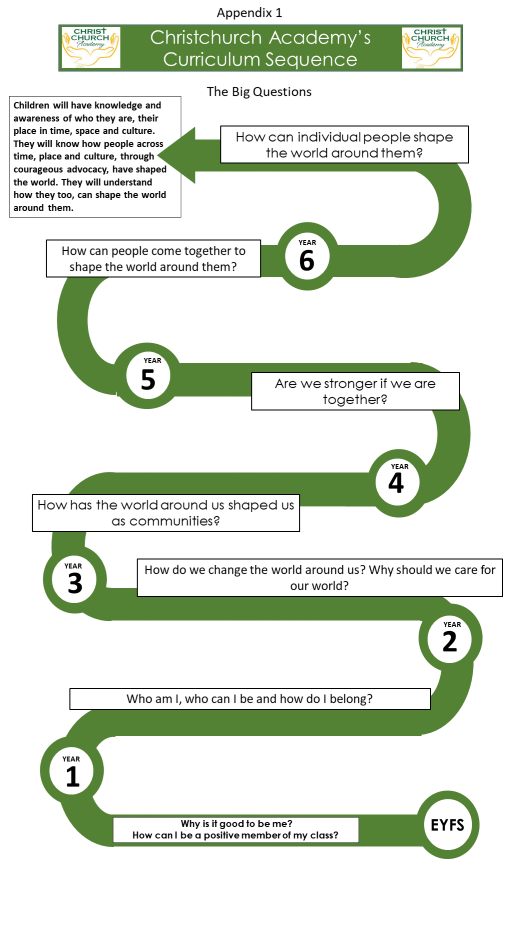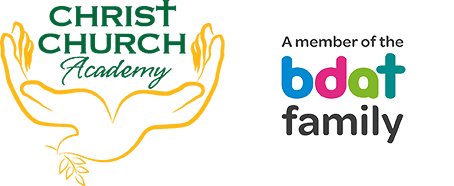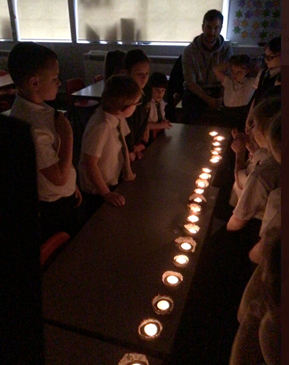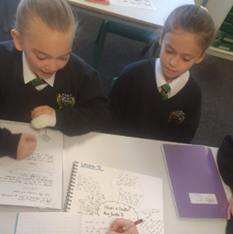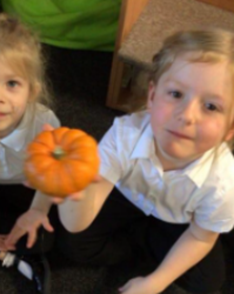Our Statement of Entitlement
Religious education in a Church school should enable every child to flourish and to live life in all its fullness. (John 10:10). It will help educate for dignity and respect encouraging all to live well together
Such an approach is offered through a commitment to generous hospitality, being true to our underpinning faith, but with a deep respect for the integrity of other religious traditions (and worldviews) and for the religious freedom of each person
At Christ Church our RE curriculum is an expression of our vision and we meet the 2019 statement of entitlement. We recognise RE as an important and essential academic subject. We ensure that between 5 and 10% of our curriculum is dedicated to RE. We focus at least 50% of our curriculum time on teaching Christianity, and we also ensure that world faiths, religious and non-religious world views are studied.
Our Vision
We know the extraordinary worth of all our children. Our vision is to provide the nurture and challenge to grow children believing in their own value, their academic successes and their place in the wider family of school and community. We are all created in the image of God. Living life in all its fullness every day.
Our Christian Vision underpins all aspects of life at Christ Church Academy. In line with our vision, we will develop deepening knowledge and understanding about a range of religious and non-religious world views to embrace our local community.
Religious Education Intent
Children will explore Christianity and other world faiths. They will read, understand and analyse core texts, discuss and debate the impact of these teachings and make connections within their own lives and their community. Linking with the school vision, children will work as courageous advocates, and use their learning to create a positive impact in their community.
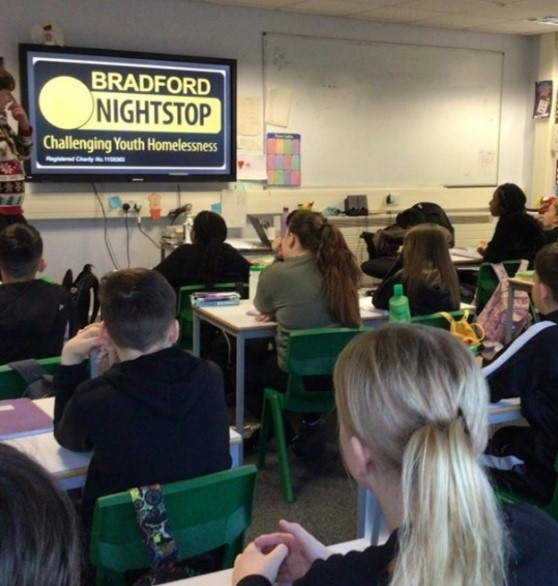
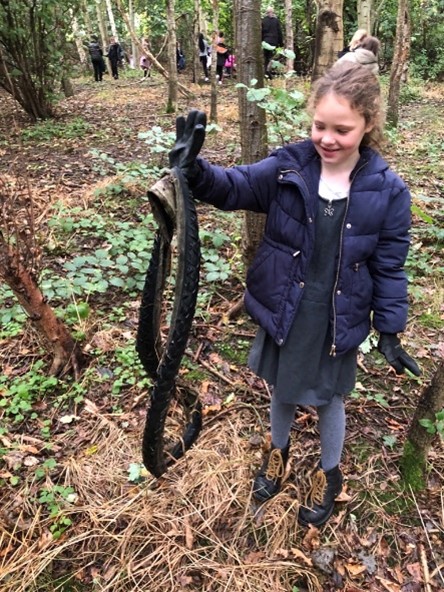
Impact
When leaving Christ Church Academy, children will:
- Have a deep knowledge and understanding of Christian values and teachings. They will have read, learnt, discussed, analysed and drawn conclusions on theological teachings and texts.
- Have a deep knowledge and understanding of wider faiths. They will gain an understanding and respect for different religions, beliefs, values and traditions (including ethical life stances), through exploring issues within and between faiths.
- Consider challenging questions of the meaning and purpose of life. They will discuss beliefs about God, other faiths, scientific beliefs, people with no beliefs, and discuss issues of right and wrong, how humans interact and how they believe the world should work.
- They will understand the influence of religion on individuals, families, communities and cultures. They will link this to the school vision and create an impact on their own community through their learning.
- They will learn from different religions, beliefs, values and traditions while exploring questions of meaning and their own beliefs
- They will learn about religious and ethical teaching, enabling them to make reasoned and informed responses to religious, moral and social issues.
Implementation
We will ensure:
- Children have weekly Religious Education lessons, following the ‘Understanding Christianity’ program of study and the Diocese of Leeds and York Syllabus for Religious Education. This is a rigorous academic subject that is taught following our metacognitive practice as used in other subjects.
- Children will learn about Christianity as a living faith, and how it has shaped British culture and heritage.
- Children will learn about other major world religions and non-religious world views and their impact on society and the wider world. At Christ Church, we ensure that every year group receives teaching on other world religions and views for a third of their curriculum time.
- Each unit of work is introduced with a ‘big question’ where the children can both explore and deepen their understanding. When appropriate, these feed into an overarching big question that the children are investigating over the course of the year. See Appendix 1.
- In RE, children will understand the importance of religious texts including the Bible, the Qu’ran, and the Torah, and will use these to help build their understanding of faiths.
- Children are given the opportunity to visit key places of worship for Christianity and other faiths. They are also given opportunities to speak to faith leaders and members of faith communities to deepen their understanding.
- The religious education curriculum is an important part of our school life. We cover many topics and themes, and have adapted our curriculum to suit the needs of our school and community. Parents may request that their child can be excused from all or part of the religious education the school provides. Parents who wish to withdraw will be given the information and opportunity to discuss whether the withdrawal is from the whole RE curriculum or specific parts of it.”
